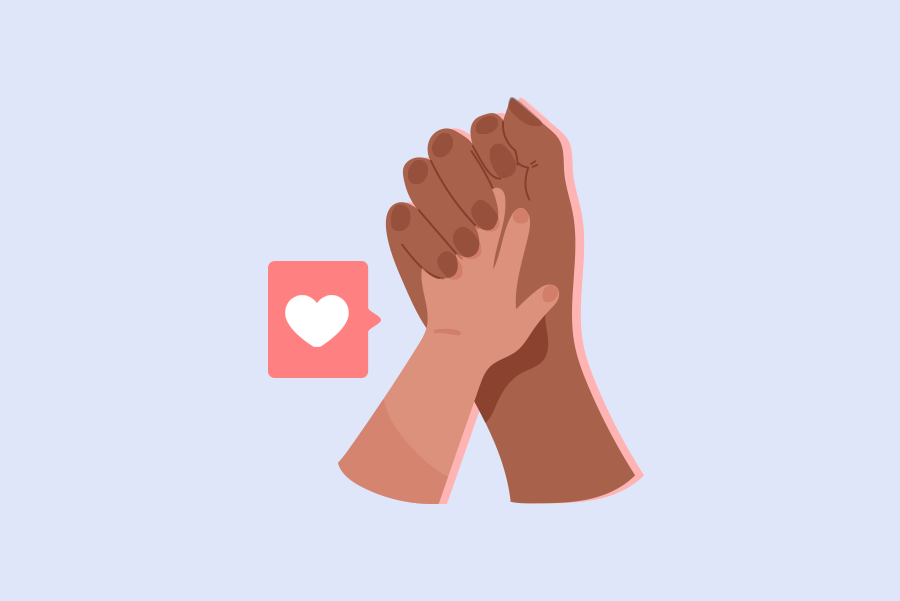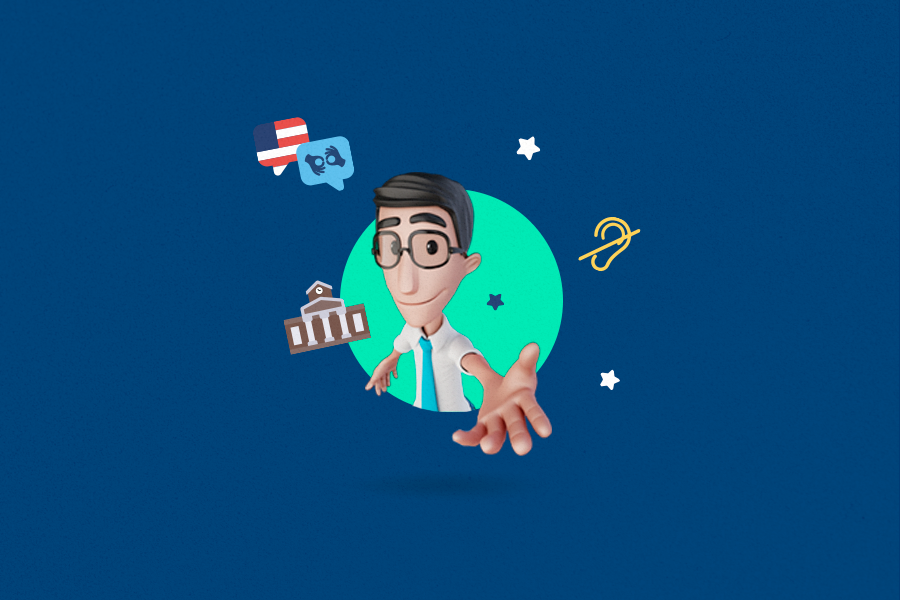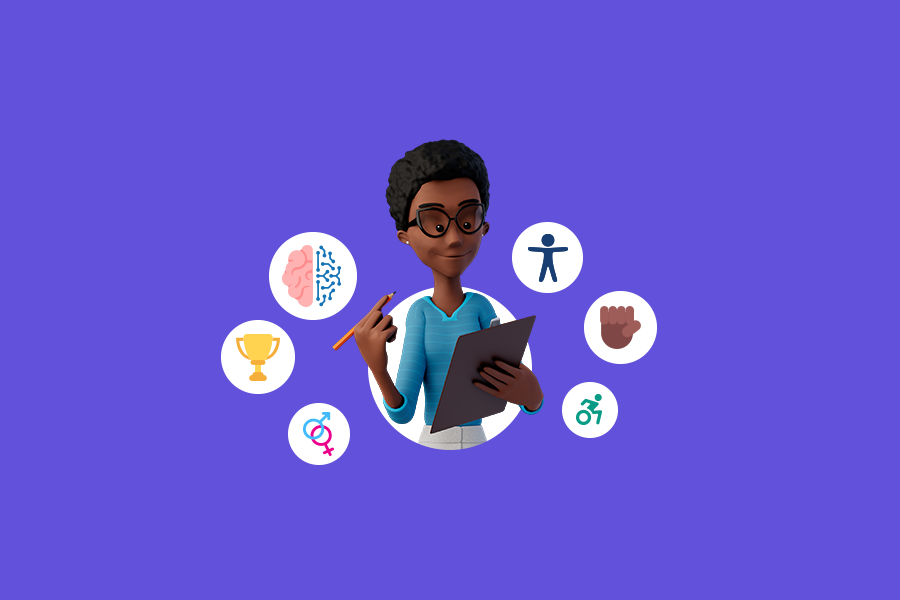
Do you know what it is like to be a CODA?

If you’ve ever read anything about the deaf community you must have come across the acronym CODA, right? First of all, it is important to explain what it means. It is an abbreviation for Child of Deaf Adults. This term represents all hearing people who have a deaf mother or father, or even both.
CODAs are a part of a very tight, but underrecognized community, that mixes their deaf culture and identity with the rest of the hearing world. This way, they collect unique life experiences, while representing a group with its own culture and linguistic.
Recently, the term and the community received a lot of attention, mainly because of the movie “CODA”, which won the Oscar for Best Picture in 2022. On top of that, the movie took home the little gold statues for Best Adapted Screenplay and Best Supporting Actor, for Troy Kotsur, making history as the first deaf actor to receive the award 🤩
The impact that being a CODA had on me
For us to better understand the perspective of a CODA, and the impact this has on the lives of people, we talked to 3 HandTalkers that are a part of this community. Luciana Pais, Linguistic Consultant at Hand Talk, Luana Sales, SDR (Sales Development Representative) Inbound Assistant, and Marcella Marrara, Customer Success Analyst, told us what being a CODA means to them. Check out what they said here:
- “Being a CODA definitely shaped my view of the world. I understand that language is important, and how much communication is an essential part of the puzzle of becoming a self-confident and well adjusted person. I appreciate my linguistic and cultural inheritance, and I’m really glad to be an ally of the deaf community. Today I work directly with Sign Languages, and I can certainly say that this was the profession that chose me.” – Luciana Pais
- “By being the eldest daughter, I’ve always accompanied my parents in whatever they needed. This helped me greatly to develop my sense of responsibility and a world point of view with many different perspectives and understandings. Everything has its bad and bright sides, and definitely being a CODA carries a lot of baggage and stories. Ones more than others, but always with something in common: a backpack filled with two cultures, two languages and two experiences in one single being.” – Luana Sales
- “As I grew up, I remember answering many questions like “Wow, and how did you learn how to talk?”, “Do you speak with your ‘hands’?”, “You could listen to some loud music and no one would care, right?”. Until then it was all natural to me, even dealing with problems that a child usually doesn’t have to deal with. I only began to realize that I had a special way to understand the world as time went by. Today I know that despite what many people think, my parents never made me responsible to “be their ears”, “be their spokesperson”, as I’d always heard and frequently accepted that it was my place. It’s easy for society to deal with deaf people that have a mini interpreter available 24 hours. Instead of having a professional interpreter or organizing an accessible environment, lots of people asked, and still do, for them to bring their daughter to make communication easier. In the countless times I couldn’t be there, I had to deal with many little notes, put together real puzzles, to help them later. With time, I started to understand that beside being a CODA, I was also an independent life from my parents’ deafness. I would be lying if I said there was no impact, but this impact didn’t come from my parents being deaf, but really it came from the fact that we live in a society that isn’t prepared to be worthy of them.” – Marcella Marrara
What is society’s role with the CODA community?
As we learned, being a CODA carries a whirlwind of sensations and impressions that come from the union of the deaf culture and the hearing world. Unfortunately, our society isn’t yet completely prepared to support this community, so some of these more negative experiences could be avoided. Therefore, we put together some tips on how we can help CODAs and their families, according to the Journal of Deaf Studies and Deaf Education:
- Respect that CODA children are bicultural and bilingual, and have distinct needs for their hearing and deaf identities;
- Schools and other professional environments must grant equal access to deaf parents, so they can be involved in their child’s education and attend to their needs. Lack of communication must never be the reason why a deaf parent can’t have access or information about their child;
- Clarify functions and authority to CODA’s hearing relatives;
- Every hearing child must be able to fluently communicate with their deaf parents.
Did you imagine how complex and important this group was to the deaf community? There is still much to do for the inclusion of deaf people in society, and relying on CODAs to break communication barriers isn’t the way. Instead, we can all begin to learn to communicate as well in Sign Languages, and the Hand Talk App can help you with that 😍
Based on the article written by Alexis Kashar, Civil Rights Lawyer


